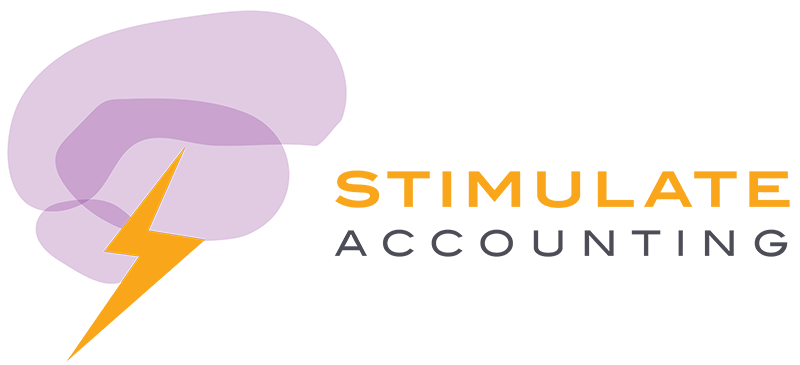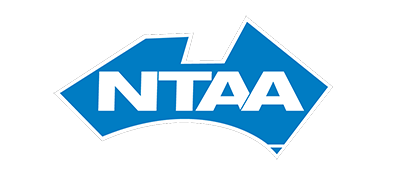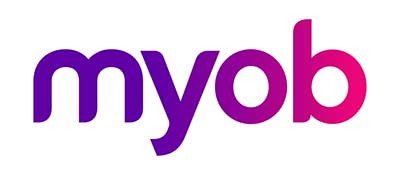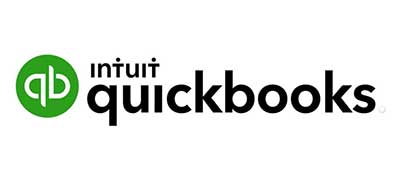It doesn’t matter whether you’re new to business or just looking for a better way of doing things – using accounting software will be both helpful and worthwhile for most small business owners (here are some of the benefits). So, once you’ve decided to take the plunge, how do you decide which provider and plan to choose? You could research the software providers directly, however they’re hardly likely recommend their competitors. Unfortunately, I’ve also found a lot of accountants and bookkeepers often only recommend software providers that work best for them, rather than their clients. From my experience, there’s only really 3 accounting software providers that small to medium business owners should be considering – MYOB, Quickbooks or Xero. In this article, I’ll try to provide an unbiased analysis to help you decide which one is best for you.
MYOB
Overview
MYOB was a pioneer in desktop accounting software. It’s primary software package, AccountRight, was the market leading product through the 1990s to mid-2000s. For around the last decade it has offered products in both the AccountRight (desktop) + Essentials (online-only) ranges. Since its peak, it has faced significant competition from Xero, and more recently, Quickbooks. These days it only focuses on the Australian & NZ markets and tries to provide a comprehensive all-in-one product for those markets.
What MYOB does well
- Payroll – MYOB offers the best payroll system. It’s able to handle complex payroll situations and includes unlimited staff (except on some of the basic Essentials packages). The Single Touch Payroll integration and in-built super payments module work seamlessly.
- Teams – recently MYOB has introduced a new module called Teams. It handles employee rostering, timesheets and communication. It’s currently the only software provider that offers an in-built employee management module.
- Bank Feeds – MYOB offers the most seamless, reliable and biggest range of bank feeds. Whilst all 3 software providers provide adequate bank feed data in most situations, MYOB offers more reliable direct bank feeds which connect to a larger number of financial institutions.
- Reporting – MYOB offers the most comprehensive suite of reports. There will likely be a report for whatever information you’re looking for.
- Support – MYOB offers phone support. Its community forum is comprehensive.
Where MYOB falls short
- Cost – whilst on par with Xero, both are significantly more expensive than Quickbooks.
- Limited Third-Party Integrations – although MYOB has a lot of default features built-in, it also offers the smallest range of third-party integrations. If you need to use an industry specific app or some other management tool, it’s more likely to integrate with Xero or Quickbooks than MYOB.
- Product Development – although MYOB once had the industry leading product, it has consistently shown itself to be slower at bringing new features to market and implementing improvements. Both Xero & Quickbooks have proven to be more agile in this area.
Quickbooks
Overview
The Quickbooks name was first used in Australia in the 1990s. An Australian company (Reckon) licenced the Quickbooks name and product from a USA software company (Intuit) and then created an Australian specific desktop product under the same name. In 2014, this licence ended, after which Intuit launched its own browser-based accounting software into the Australian market. It has grown significantly since then, but still trails both Xero and MYOB for market share.
What Quickbooks does well
- Cost – for comparable packages, Quickbooks is significantly cheaper than both MYOB & Xero. Unlike both MYOB & Xero, Quickbooks’ base package will often be sufficient for many small businesses.
- Support – although Quickbooks’ community forum isn’t as comprehensive as MYOB, it still offers phone support.
- Product Development – Quickbooks appears to producing more new features at a faster rate than both MYOB & Xero. This is probably due in part to it being the newest of the 3 software providers in this article.
Where Quickbooks falls short
- It’s based on USA software – Quickbooks is a truly international brand available in many countries. All of these are adapted from the USA version, and it shows. Most notably, the payroll and GST modules (which aren’t applicable to the USA) appear very tacked on. To be fair, the organisation that Intuit outsources the payroll to (Keypay) by and large does a good job, but these modules don’t seamlessly integrate into the software.
- Navigation – probably for the reason described above, it’s sometimes hard to find your way around Quickbooks. Some reports aren’t available in the reports section, or are just poorly titled.
- Reporting – there are many reports available in Quickbooks, but also some notable omissions. Sometimes it’s hard to get the information you’d like out of the accounting system. E.g. Quickbooks still can’t produce a summarised general ledger report, which is really a fairly basic report you’d expect in any accounting system.
Xero
Overview
Xero was founded in NZ in 2006 as one of the first cloud-based accounting systems in the world. It successfully disrupted the desktop accounting software industry and saw impressive growth in the NZ & Australian markets. Xero is now the market leader in the Australian accounting software industry (MYOB is a close second). It’s now attempting to replicate its success by introducing and adapting its software into new markets throughout the world.
What Xero does well
- Third Party Integrations – many accounting software packages now allow third-party software providers to “plug-in” to their software. These third-party providers try to enhance the software’s functionality or make life easier for a specific industry. Whilst there are a number of third-party integrations available for both MYOB & Quickbooks, Xero offers more options in this area.
- Inventory – Xero is the only software provider of the 3 discussed that offers inventory management in all its business plans. It’s worth pointing out that for a business with a complex inventory system, chances are they’ll need something more robust than anything MYOB, Quickbooks or Xero can provide internally.
- Fixed Assets – Xero is the only software provider of the 3 discussed that offers an automated asset management function built-in to its software. This allows the business owner to easily track the depreciation of its equipment over time.
Where Xero falls short
- Cost – whilst on par with MYOB, both are significantly more expensive than Quickbooks.
- Payroll – Xero’s payroll system is significantly inferior to both MYOB & Quickbooks. Whilst for the most part it works, it’s unnecessarily difficult to fix an issue with a prior pay run. There’s also time limits on how far back you can go to process a pay run at all.
- Automated Superannuation – Xero’s in-built super payments module is also worse than both MYOB & Quickbooks. For some reason, it’s not even included on some of the smaller plans which include payroll. Even on the larger plans, it’s difficult to delegate the ability to approve super payments to anyone other than the file’s subscriber.
- Support – Xero is the only software provider of the 3 discussed that doesn’t provide phone support. Whilst their email support is usually quite good, there’s no option to speak to a person and you always need to wait for a response.
The Verdict
The reality is that all 3 of the software providers discussed will be very helpful for the majority of small to medium business owners. To figure out exactly which provider and plan to choose, you really need to consider what’s important to you and what the longer term plans are for your business. Whilst it is possible to change from one software provider to another, it’s usually time-consuming and inconvenient – you’re better off getting it right the first time.
It’s always a good idea to talk to an accountant prior to choosing your software package. Some great reasons for this are:
- A good accountant will be familiar with all the options and help you make the right choice.
- Accountants may be able to access wholesale pricing which isn’t available to the general public.
- A good accountant will help you set it up and get you started. This is likely to save headaches (and accounting fees!) down the track.








